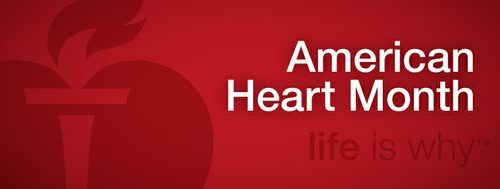
February, the month of love and Valentines, is also American Heart Month. It’s a period set aside to raise awareness about heart disease and to prevent it

February, the month of love and Valentines, is also American Heart Month. It’s a period set aside to raise awareness about heart disease and to prevent it

As you think about the promises you’ll make to yourself for 2017, why not put your cardiac health first? After all, when you put your health first, not only are you doing something for yourself, but you’re helping your loved ones, too. They’ll be overjoyed to see you become healthier, happier and more active.
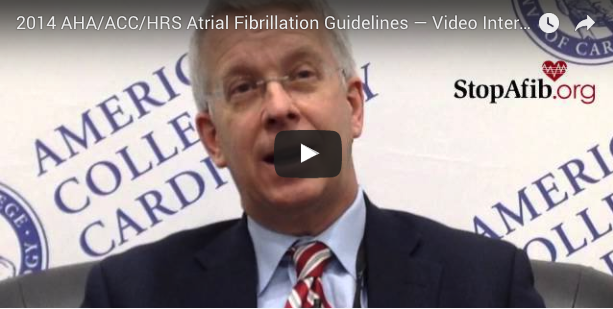
Mellanie True Hills of StopAfib.org interviews Dr. Hugh Calkins about findings in the 2014 AHA/ACC/HRS Atrial Fibrillation Guidelines
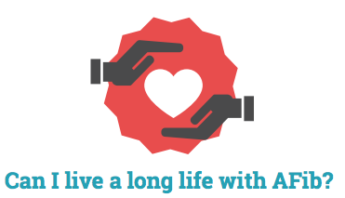
Controlling your risk factors for heart disease and stroke and knowing what can possibly trigger your AFib will help improve your long-term management of AFib.
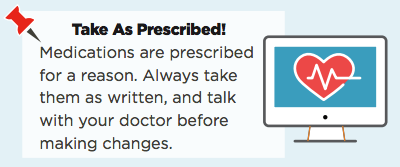
If you have AFib, rate or rhythm control medications may also be prescribed. You may also be on medications for other underlying conditions.
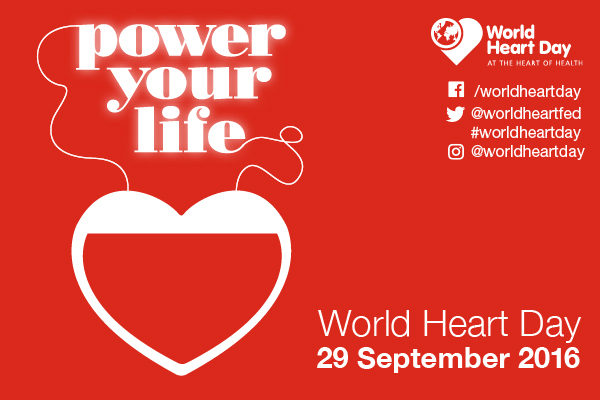
As declared by the World Heart Federation, September 29 is World Heart Day, a day for raising awareness about cardiovascular disease.
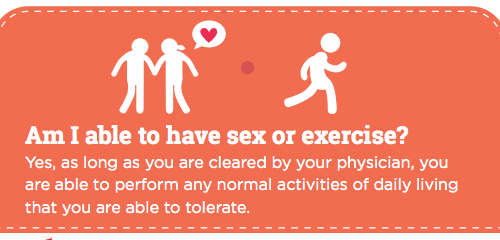
Does having AFib mean I need to wear a medical alert bracelet or carry a card in my wallet?
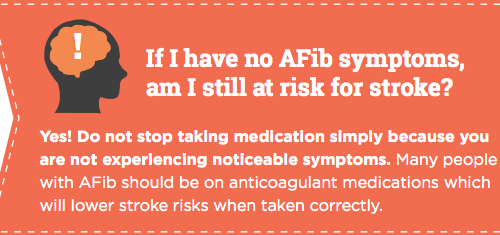
As soon as you notice symptoms of AFib, contact your doctor.
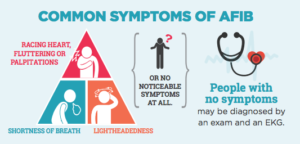
Atrial fibrillation, or AFib, is an irregular heartbeat, or a condition in which the atria fail to contract in a strong, rhythmic way.
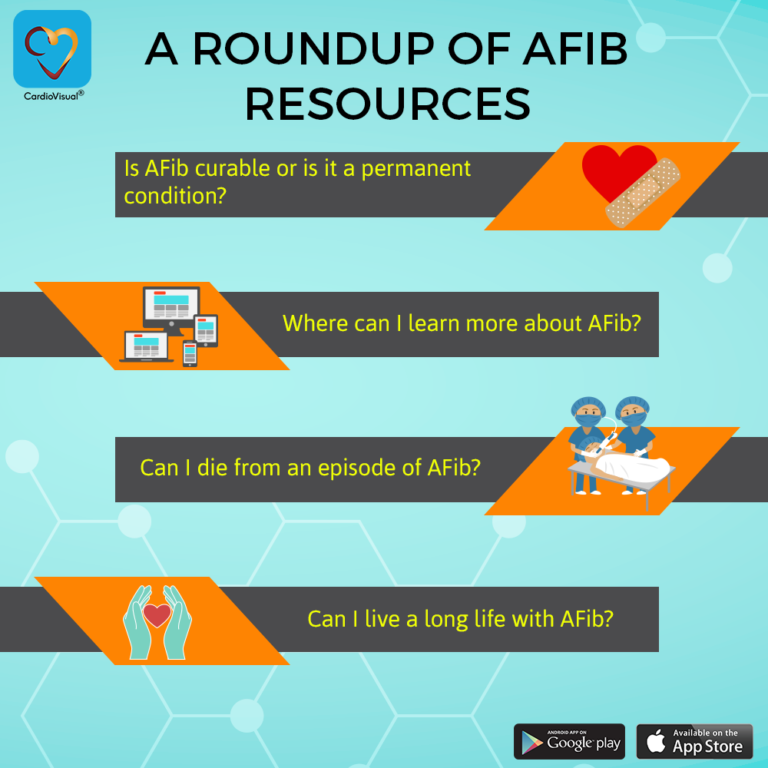
It’s a time for healthcare professionals to ensure their patients are familiar with this condition and a time for regular people to be sure they know what AFib is and how to recognize it.